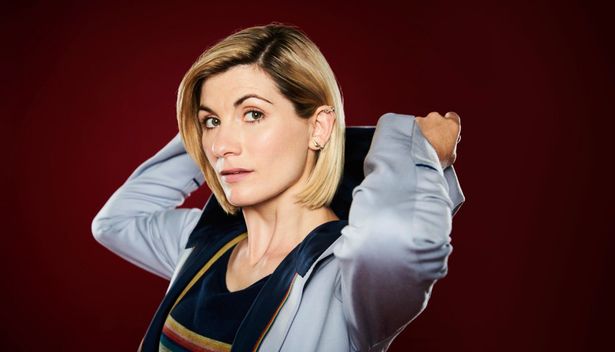Fans are loyal towards their favourite characters. Often, the biggest backlash a director may face won’t be for changing their camera work or for switching up their staging, but rather, for changing the most noticeable aspect: the casting. Judi Dench – a colossus of the acting world – has been cast in Tom Hooper’s upcoming 2019 film adaptation of the musical Cats. Even if you aren’t particularly fond of the feline kind, it’s likely that you will have at least heard of, if not seen, what is one of Andrew Lloyd Webber’s most successful musicals. Dench is set to play the role of “Old Deuteronomy”, the ancient head of the Jellicles cat clan, who has always been played by a man.
Until now.
Judi Dench hasn’t really faced any serious backlash yet, partly because the matriarchal figure of Dench is well-suited to play the wise and powerful Old Deuteronomy, and because this is a musical about singing cats, where the gender of a made-up moggy doesn’t play an important role in either the character or personality of the head of the Jellicle clan. His gender isn’t central to his development, nor is it central to the development of the story, yet there will undoubtedly be those who label this alteration as shoehorning in another woman for the sake of representation, instead of seeing it simply as opening up the role to a wider array of talent. Why is it that in 2018, a year in which audiences have borne witness to the Weinstein scandal, the Time’s Up Movement and the social media hashtag #MeToo – do we still seem to entangle expectations about gender within our concept of a character?
A recent example of backlash for gender-swapping a character has been the BBC’s decision to cast Jodie Whittaker (most well-known for Broadchurch) as the 13th itineration of Doctor Who. Many “Whovians” took to Twitter to voice their displeasure, saying that “Political correctness should not exist in space”, or “You’ve ruined it now”. Apparently, believing in a two-hearted time-traveller from the planet of Gallifrey with the ability to regenerate is believable, but as soon as that person becomes a woman, it is absolutely out of the question – enough to warrant boycotting the show, even. The most obvious reason for the outcry is blatant sexism, but it runs deeper than that. Nostalgia plays an important role in how we perceive our favourite series, and the idea of the 21st century – with all its concepts of gender equality and equal opportunity – finally catching up to what may be perceived as a problematic franchise, is too much for some to swallow. The BBC’s decision to advertise its new Doctor with the slogan, “It’s about time” sums up many of the current generation’s thoughts: that this decision is long overdue.
The door which has been halting roles opening up to actors of another gender or ethnicity is slowly creaking open. The more conversation and media buzz about Judi Dench playing Old Deuteronomy, the new Doctor Who being a woman, or even the next James Bond being black, means progress.
Change can mean injecting a tired formula with a new lease of life, which may be another reason for Tom Hooper’s decision to cast Dench in a typically male role. It’s certain that cinemagoers will flock to see how she interprets the role, and directors know that controversy also often equals success. It’s a similar story with the BBC and the Doctor Who. Already, The Telegraph has reported that Jodie Whittaker’s debut episode as Doctor Who drew the programme’s biggest launch viewing figures in 10 years, with an average of 8.2 million tuning in. For every disillusioned Doctor Who fan turning off, there will be a young girl turning on.
George Dunleavy
Image credit: newscabal.co.uk

